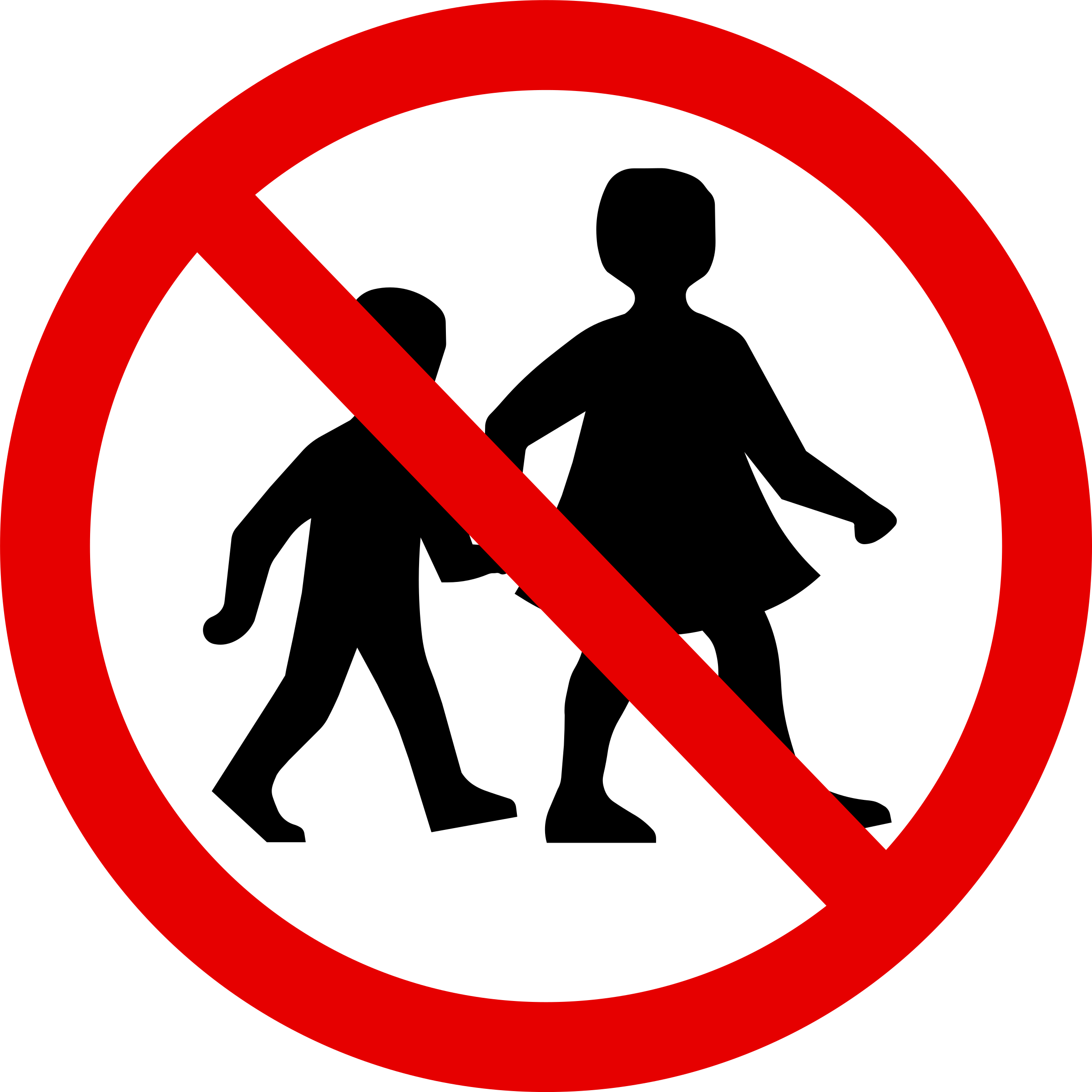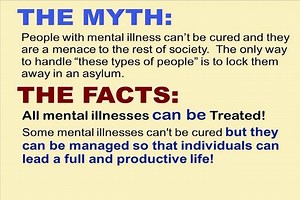It's Not Your Journey by Rebecca Lombardo
 |
| Image taken from www.goodreads.com. |
My recommender: This one was a Twitter discovery for me. I offered to review this book honestly in exchange for a free copy.
My review:
I maybe shouldn't start out my review with this and the author and I discussed possible issues of relating too well beforehand, but I found that I related a little too well to this author's autobiography. I must say I was a little hesitant to read for fear of what may come of it, and the author did express concern and encourage me to be sure that I "be in a good place" before embarking upon her journey, but I'm glad I chose to travel it with her. The author very much captures the thought processes involved in having mental health issues and I found myself easily drawn in. This is both good and bad: first, it means the author has very well captured what it's like to have mental illness and those who don't suffer from one may be able to understand what it's like through her work, but it also means I had an intense reaction to reading this work (I got a bit depressed, and suffered some physical symptoms, such as muscle spasms, pain, chills, etc - with my anxiety disorder, my psychological issues manifest into physical issues). For this reason, I recommend those with mental health issues be cautious.
Regardless of my mental and physical reactions to this work, there are things that I really liked: It's Not Your Journey is written as a kind of diary and the sections are short, which is great for people who have little time to read - they can read it a little at a time and on a tight schedule. I particularly liked this, regardless that I found myself binge reading it. I found the words of wisdom the author provides throughout her work encouraging and uplifting, and a good balance to the darkness I felt seeping in while reading. I found the honesty of the author and the baring of this woman's soul to the world to be judged, poked, and prodded by whomever sees whatever is fit very refreshing in a world of pretenders and abusers. And though the author seems whiny at times, though I found myself asking "why?" at times, though there is a lack in clarity of thought and phrases in places, and though it seems the author is a victim of self-pity a time or two, this work approaches some very sensitive issues and is truly real. If you suffer from mental health issues, you'll recognize and understand the negative thought patterns and relate, but if you don't, keep an open mind - those of us who do battle these kinds of thoughts every day mostly know they are irrational, negative, destructive, and just all-around terrible at times, but they are our default ways of thinking and it takes work to overcome them.
Now, the nitpicker I can be must point out a few things: There were a few instances of incorrect punctuation usage and the book was plagued here and there with sentence fragments. These things however, make the book realistic, makes it read like the nonfiction work that it is. The sentence fragments are clearly used stylistically at times, and again these technical things help the reader to realize the truth and literalness of the work.
Overall, good and bad all considered, I enjoyed getting to know the author of It's Not Your Journey, and I'm thankful for the opportunity to review her work. To help you all get to know her a little too, I've invited her for an interview...
My interview with the author:
Welcome to The World of the Written Word, Mrs. Lombardo! Thank you again for agreeing to an interview with me. Just a few curious questions...
Welcome to The World of the Written Word, Mrs. Lombardo! Thank you again for agreeing to an interview with me. Just a few curious questions...
I share your aversion to having children of one's own. We get a lot of grief over this personal choice. In your experience, what is the best response to people who tell you you'll change your mind about it or that the purpose of life is reproduction?
 |
| Image from openclipart.org. |
I don’t get that much anymore, honestly. I think since I have become so public with my mental illness that most people I know understand. However, if I were approached by someone, I would simply say that I can’t have children. Nobody needs to know any more than that. That usually shuts down the conversation pretty quickly.
Dealing with mental illness is a daily struggle. What are some things you do to boost your effectiveness in your daily fight and get the most out of every day?
That’s a tough question to answer. Quite frankly, every day is different. Self-talk is an extremely valuable tool. I can’t stress the importance of it enough. The most difficult thing for me to overcome has been the guilt I feel when I can’t accomplish a lot in a day. So, I work really hard at being kind to myself. If I wake up and I just can’t seem to function, I let myself have those days. On days that I can function, it’s important that I’m realistic with what I want to do. I celebrate every task that I accomplish and I don’t get down on myself if I don’t get the whole to do list done.
You share some pretty difficult things to overcome in your book. I'm sure that negative reviews (which come with any and all published books) affected you more due to the nature of the sensitive topics you are sharing your experiences with. What's the worst thing anyone has said to you regarding your book and how did you overcome it?
The worst thing anyone ever said about me came in 2 forms. They emailed my website and then went on Goodreads to say some terrible things. The email said that I was a liar and a narcissist. That my book would never help anyone and there was no stigma surrounding mental illness. They said that I better think twice before writing another book. The review was similar. It felt like a punch in the stomach. I was physically shaking when I got done reading it. It’s taken me a long time to get past it. I think I’m finally at the acceptance point where I’ve come to terms with the fact that not everyone will like or understand my book. Hopefully in the future if anyone feels that strongly about it, they won’t seek me out personally to make accusations and spread hate.
You have said that you sometimes fear that others with mental illness when reading your book will relate too much, yet I've also seen you say you wrote the book to help others. What exactly were your hopes when you decided to publish your memoirs? Do you feel you have yet accomplished your task at all, or not?
That is definitely a fear of mine. That is why if someone with mental illness or they’ve lost a loved one to suicide, I always say please be in a good place before you read it. I would never want to be the reason that someone is triggered to self-harm or anything like that. My hopes were to educate and bring awareness to mental illness. I do feel that I’ve accomplished it to a certain degree. I hope to be able to keep moving in that direction.
I personally see your work as a book of pain, despite the uplifting and encouragement it can provide to the reader. However, I know your memoirs are effective in portraying what it's like to suffer from mental illness. Was it your intention to display your pain in so raw a manner?
 |
| Image taken from http://www.siue.edu/~pfricke/ |
Yes, that was my intention. I feel like being 100% raw and realistic is the only way to go with my story. I felt it was important for people to understand just how crippling mental illness can be. I wanted others who experience it to know that you can overcome even the darkest days of your illness. Not to mention the healing aspect for me. Putting it out there really helps me start on the path to acceptance and recovery.
I personally know the draw of isolating oneself from others, but I fight the inclination despite negative thoughts. How do you fight it, or is it sometimes better for you to give in to it for a while, in order to get back on top of things?
I feel like it’s essential to know when it’s time to take a bit of a break. I’ve personally left social media for a couple of weeks at a time just to bring a sense of calm to my life. I would tell anyone that time (to) your self is very important. However, you can’t pack up and live there. That’s when the destructive thoughts start to creep in, at least for me. In my opinion being alone is different from feeling alone. You have to do what is best for you.
Well, there it is. It was wonderful having you and I would love to keep in touch in the future!
Follow author @BekaLombardo on Twitter.
I recommend to: Everyone seeking to have an understanding of mental illness, those who need someone to relate to in their own struggles with mental health issues, and anyone looking to simply know how others sometimes think.
I must reiterate that I suggest use of caution for those who suffer from a mental illness of their own when considering reading this book. Please do make sure you are "in a good place" before reading.
No comments:
Post a Comment